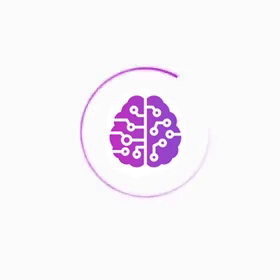
The Responsibility Dilemma in AI
In 2025, as AI systems take on increasingly autonomous roles, questions arise: who is responsible when AI fails? Developers, users, companies—or the AI itself?
Blurred Lines of Accountability
Unlike traditional tools, AI models can act unpredictably. This creates legal and ethical gray areas where responsibility often shifts between stakeholders.
Shared vs. Singular Responsibility
Some argue for shared responsibility, where developers, operators, and regulators share accountability. Others call for clearer assignment of legal liability to those deploying AI in critical fields.
Philosophical Roots of the Debate
These dilemmas echo long-standing philosophical debates on agency, free will, and moral responsibility. Is AI merely a tool, or does increasing autonomy shift its ethical status?
The Educational Impact: New Ethical Skills
As AI changes industries, educational institutions are urged to integrate AI ethics, critical reasoning, and responsibility into curriculums, preparing professionals to navigate these complex issues.
NPR’s Public Reflection on AI Control
Public discourse, as reflected in TED Radio Hour discussions, highlights growing concerns over corporate AI control, government oversight, and individual powerlessness in AI-driven societies.
Regulation Lags Behind
Governments struggle to create legal frameworks that assign responsibility without stifling innovation. The regulatory gap leaves many ethical questions unresolved.
Designing Ethical AI by Default
Philosophers and AI ethicists advocate for “ethical by design” principles: embedding transparency, bias mitigation, and clear accountability into AI models from inception.
Conclusion: The Moral Test of AI’s Future
As AI expands its role in society, its moral and legal implications demand urgent attention. Responsibility must be at the heart of future AI development to ensure technology serves humanity, not the other way around.
